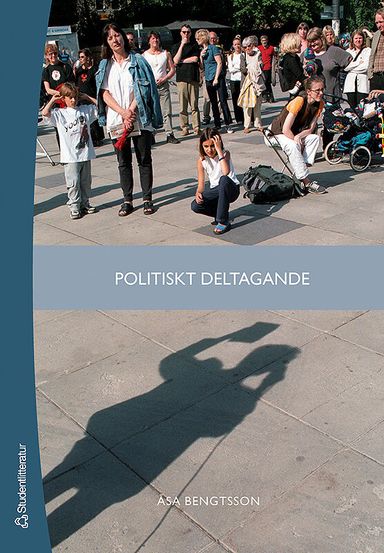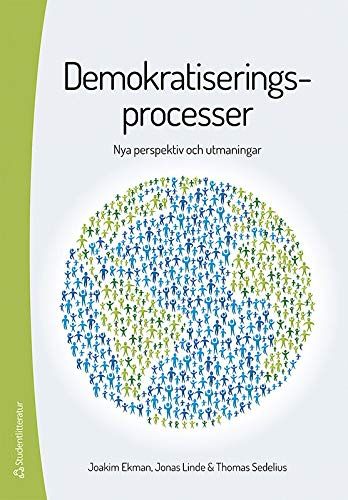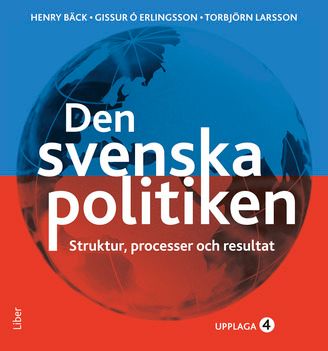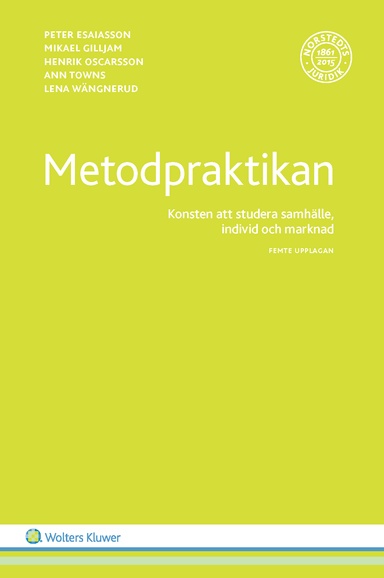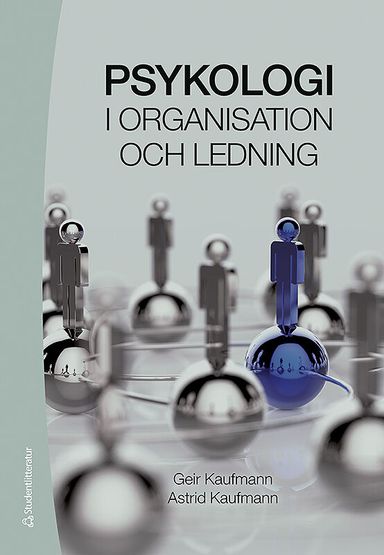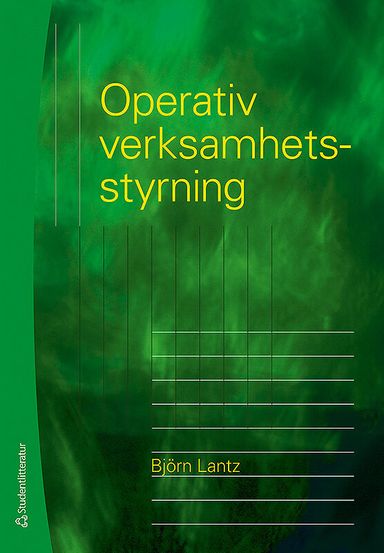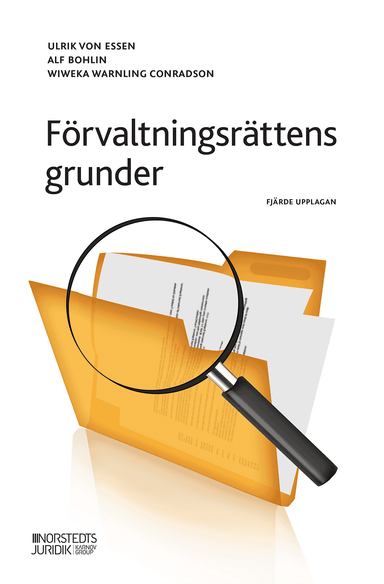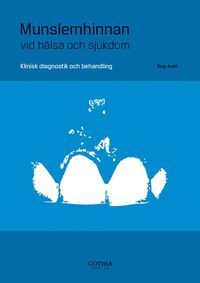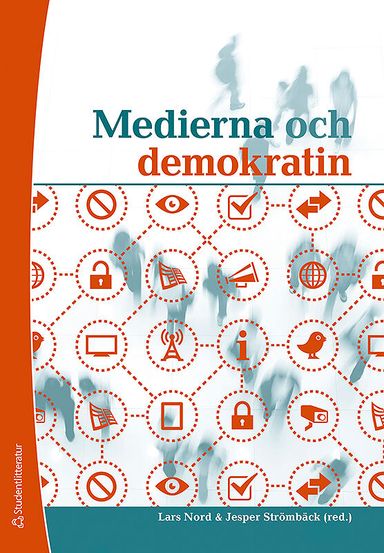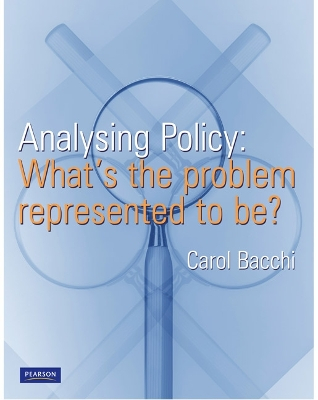

Analysing Policy Upplaga 1
- Upplaga: 1a upplagan
- Utgiven: 2009
- ISBN: 9780733985751
- Sidor: 320 st
- Förlag: Pearson Education Australia
- Format: Häftad
- Språk: Engelska
Om boken
This book offers a novel approach to thinking about public policy and a new, distinctive methodology for analysing policy. It introduces a set of six questions that probe how problems are represented in policies, followed by an injunction to apply the questions to ones own policy proposals. This form of analysis, it suggests, is crucial to understanding how policy works, how we are governed, and how the practice of policy-making implicitly constitutes us as subjects.
The book mounts a challenge to the problem-solving paradigm currently dominating the intellectual and policy landscape, a paradigm manifest in evidence-based policy. Arguing that such a paradigm denies the shaping that goes on in the process of problematisation, it offers a whats the problem represented to be? approach to policy analysis as a counter-discourse. In this view critical thinking involves putting problems into question rather than learning how to solve them.
Bacchis new approach to policy analysis offers exciting insights in a wide array of policy areas, including welfare, drugs/alcohol and gambling, criminal justice, health, education, immigration and population, media and research policy. Invaluable to those involved in policy studies and public administration, it will also appeal to students and academics in sociology, social work, anthropology, cultural studies and human geography.
Åtkomstkoder och digitalt tilläggsmaterial garanteras inte med begagnade böcker
Mer om Analysing Policy (2009)
I september 2009 släpptes boken Analysing Policy skriven av Carol Bacchi. Det är den 1a upplagan av kursboken. Den är skriven på engelska och består av 320 sidor. Förlaget bakom boken är Pearson Education Australia.
Köp boken Analysing Policy på Studentapan och spara pengar.
Referera till Analysing Policy (Upplaga 1)
Harvard
Bacchi, C. (2009). Analysing Policy. 1:a uppl. Pearson Education Australia.
Oxford
Bacchi, Carol, Analysing Policy, 1 uppl. (Pearson Education Australia, 2009).
APA
Bacchi, C. (2009). Analysing Policy (1:a uppl.). Pearson Education Australia.
Vancouver
Bacchi C. Analysing Policy. 1:a uppl. Pearson Education Australia; 2009.

